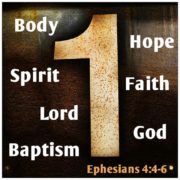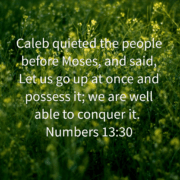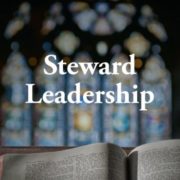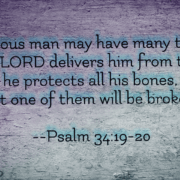A Good Leader Rids of “Always Already Listening”
Most of us do not realize that the kind of listening we have is akin to a station on your car radio; it is already preset (Platt, 2007). Most of us presume how things will go from then on. It is usually based on the sum total of your opinions, interpretations, ascribed meanings, certainties, positions, beliefs, concepts, and what you already know to be true. Werner et al. (2013) calls this your “already-always-listening”.
It is significant for us to be aware that when we listen, we usually do not listen as if we are empty vessels, ready to be filled with information and understanding. Our listening is almost never in a blank state. Erner et al. (2013) pointed out, “We assume that whatever someone says to us (that is, what enters our ears) registers in our listening (lands for us) exactly as it was said” (p. 43).
It is one thing to hear what is being said and it is another to actually listen. Our hearing depends on the physical state of our ears. On the other hand, we usually do not know that there are things that constrain and shape what registers for us in our listening. Erhard, et al. called it the “already-always-listening” because first, it’s already there in our listening. At the same time, it is always in your listening.
Some people have an “already-always-listening” towards heavy metal music, labeling it as pure noise, every time they hear music in that genre. They have not stopped to identify the constrains that were placed there by their “already-always-listening.” It does not just apply to musical taste. More importantly, it is important to identify people in your life for whom you have an “already-always-listening” before the person even opens their mouth. It can be your mother. It can be your spouse. It can be your children. It can be your boss. It can be your employee. The point is “already-always-listening” is likely to be a negative judgment, evaluation, or opinion that you have about that person. Your “already-always-listening” for that person is bound to constrain or shape your listening, no matter what that person says.
This prevents you from recreating for yourself what was said to you in an accurate manner. In short, you will only receive what you think you already know, not what the other person is really sending to you.
The Book of the Month Club is a powerful group that opens your mind to the strongest possibilities. Go and join the club now!
Do you still have always already listening?












